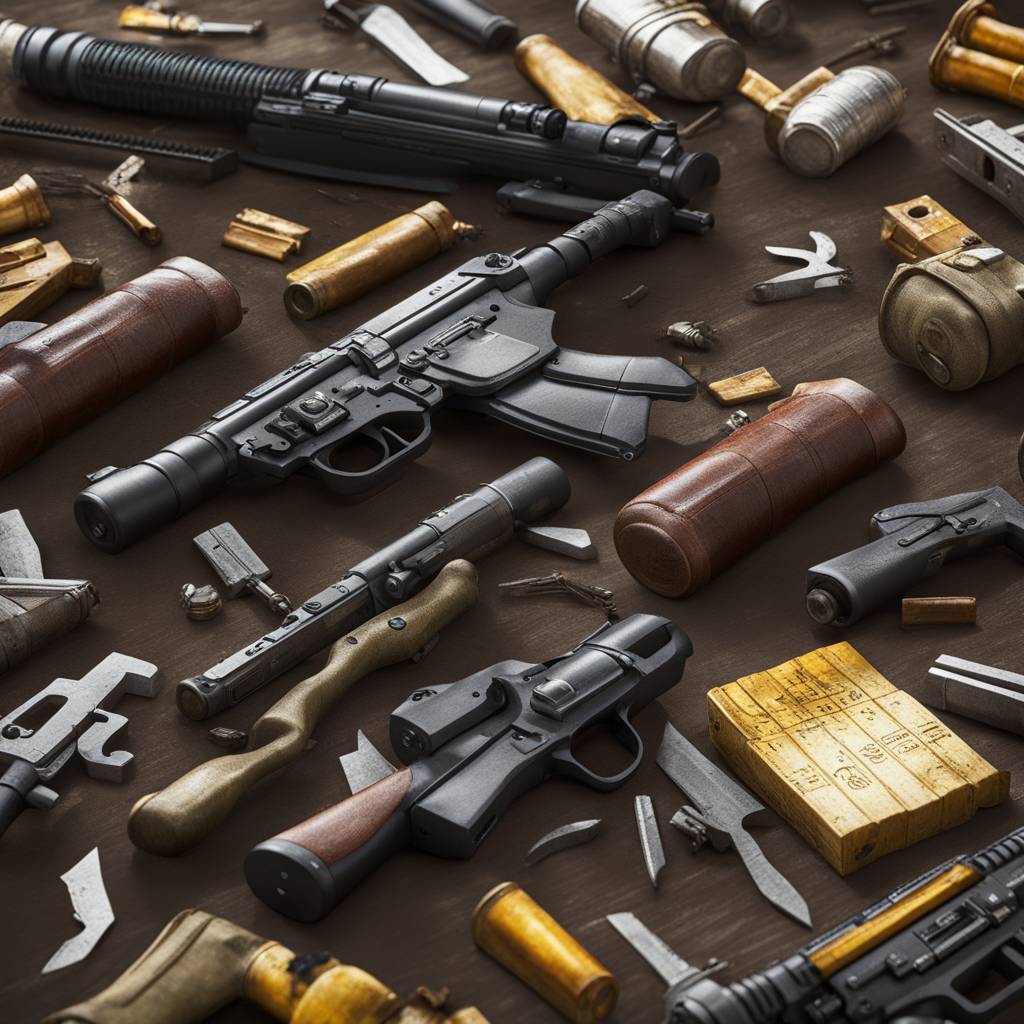A top U.S. Air Force commander, Lt. Gen. Alexus Grynkewich, believes that American and allied strikes on the Iran-backed Houthi rebels in Yemen have potentially depleted their weapon supplies and eroded their capabilities. Grynkewich noted that retaliatory strikes have affected the behavior of the Houthis and possibly contributed to a decrease in their weapons stockpiles. However, Grynkewich acknowledged the challenge of determining the initial denominator of the group’s weapons supply and the potential for Iranian resupply to complicate assessments of their current status. The Houthi rebels have been engaging in almost daily attacks on commercial and military shipping in the Red Sea and Gulf of Aden, using drones and missiles launched from areas under their control.
The U.S. and allied response to Houthi attacks has included increased military ship patrols and a wider range of retaliatory strikes on weapons and ammunition facilities. U.S. fighter jets have also targeted Houthi drones and missiles before launch. Dr. Sumatra Maitra, director of research and outreach at the American Ideas Institute, cautioned against a premature assessment of the group’s capabilities, arguing that the Houthis may not be low on weapons due to their reliance on inexpensive and easily produced weapons like low-grade drones. Maitra suggested that the recent slowdown in Houthi activity could be attributed to increased patrols by U.S. and allied forces or potentially instructions from Iran as it engages in negotiations involving the Biden administration, Israel, and Hamas in Gaza.
The Pentagon did not immediately respond to requests for comment on the situation, but the U.S. military reportedly believes that the Houthi rebels had a significant number of anti-ship ballistic missiles at the start of their campaign. Despite reduced attacks on U.S. forces by other Iranian-backed militias in countries like Iraq and Syria following U.S. retaliatory strikes in February, Grynkewich highlighted the independent nature of the Houthis and their potential to act autonomously from Iran’s influence. Maitra also emphasized the Houthis’ independent mindset, suggesting that they are capable of deciding their own strategies and may not align with Iran’s objectives.
Maitra warned of the potential for increased attacks by the Houthis with little warning due to their fanaticism and distinct views on global politics. He noted that the group’s priorities may differ significantly from those of the U.S. and Iran, pointing to their detachment from negotiations involving Iran and the Biden administration. The Houthis’ unique perspective and ideological motivations could lead to unforeseen escalations in conflict, with Maitra cautioning against assuming that the group’s reduced activity indicates a depletion of their weapons or capabilities. The situation in Yemen remains complex and unpredictable, with the Houthis maintaining the ability to carry out attacks independently of external influences.













